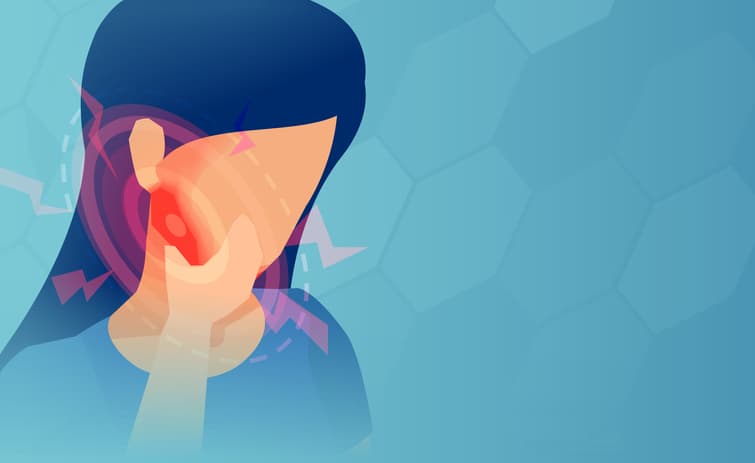
What is Bruxism?
Bruxism is a condition that occurs when a person grinds or clenches their teeth together. It can happen during the day, but usually occurs subconsciously at night when one is sleeping. Unfortunately, this habit can cause teeth to become worn down, fractured or even chipped, making teeth sensitive. Some people wake up with headaches and jaw pain due to tightness of the jaw muscles with clenching of the teeth. Is it tension, anxiety or frustration that causes this habit? Can it be that your teeth are not in the correct alignment, also known as malocclusion? Bruxism can cause TMJ, temporomandibular joint disorder, an issue that occurs with the chewing muscles of the lower jaw. Whatever the cause, it’s best to have an evaluation from a dental professional to seek corrective measures.
Ways to Combat This Problem
Many dentists prescribe night guards as a measure to prevent bruxism. A clear, hard acrylic guard is worn over the teeth, either upper or lower, to prevent subconscious teeth clenching and grinding. Making an appliance is easy. Your dentist will take an impression of your teeth and then the dental laboratory can create your own customized night guard. There are over-the-counter plastic guards that are less expensive, but they sometimes do not fit as well and maybe uncomfortable. Consult your dentist to determine if you have an issue with bruxism and treatment options.
Since stress is one of the main factors involved in this problem, relaxation techniques can be helpful. Try to quiet your brain before bed. Take a warm, relaxing bath or shower, drink a cup of soothing herbal tea before bed, such as chamomile, and avoid any caffeine products.
Can Children Have a Tooth Grinding Habit?
Teeth grinding in children is not uncommon. Tooth grinding can occur from children experiencing stress or issues at school as well as malocclusion of their teeth. If your child is grinding or clenching teeth during sleep or day hours, it is best to have them evaluated now. Remember that damage to baby teeth can be fixed, but you want to correct this problem before their adult permanent teeth come in. Also, if your child complains of ear pain without evidence of an ear infection, bruxism may be involved.
With young children, offer a little relaxation before bed to help soothe them. Consider a warm bath for them, a gentle massage, warm milk and a relaxing bedtime story. Older children can also be fitted for night guards by your dentist.
